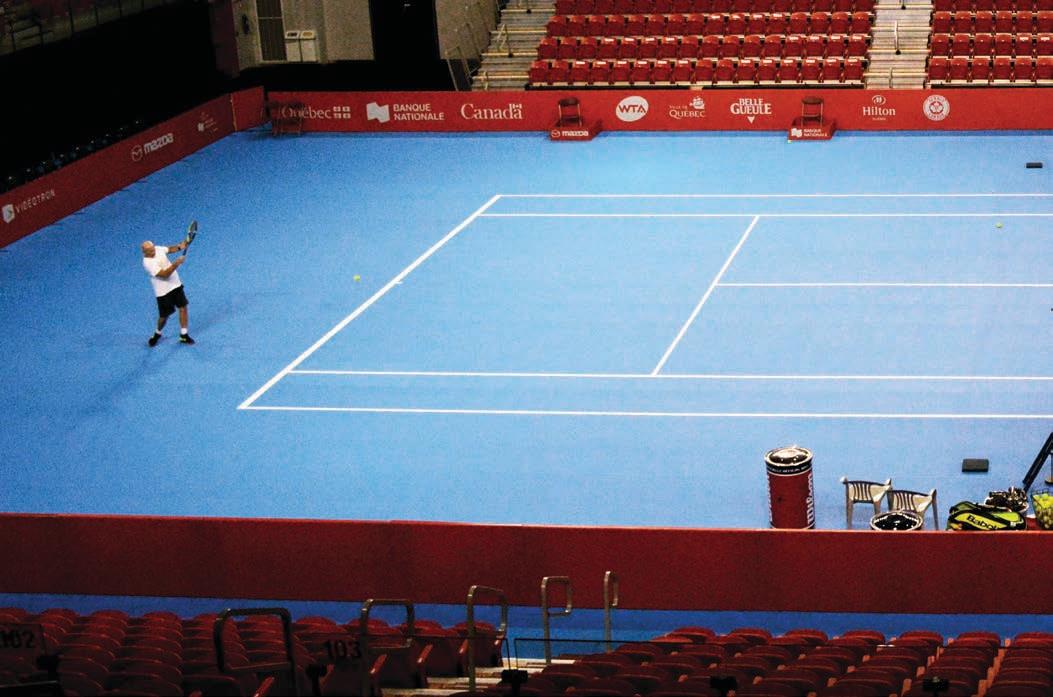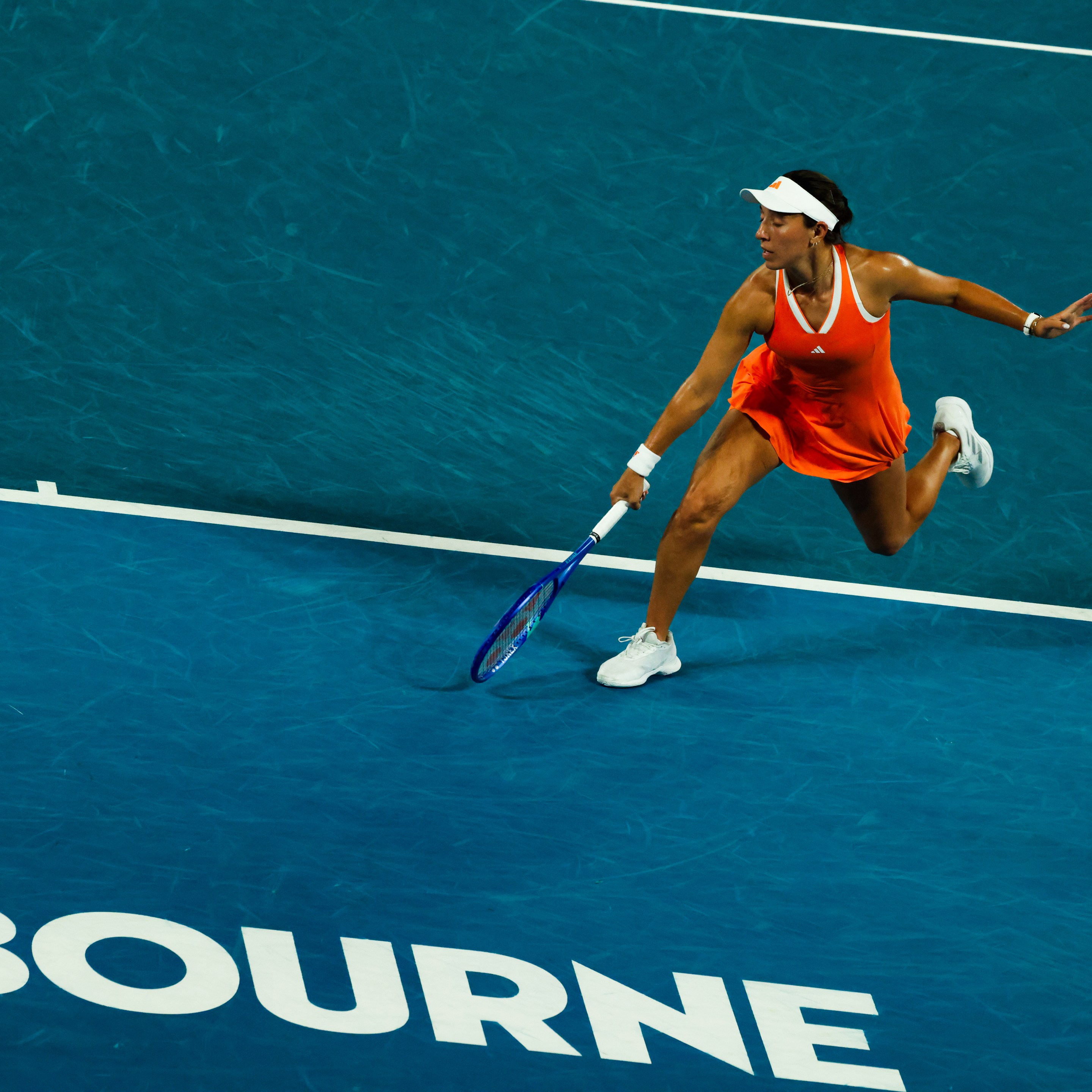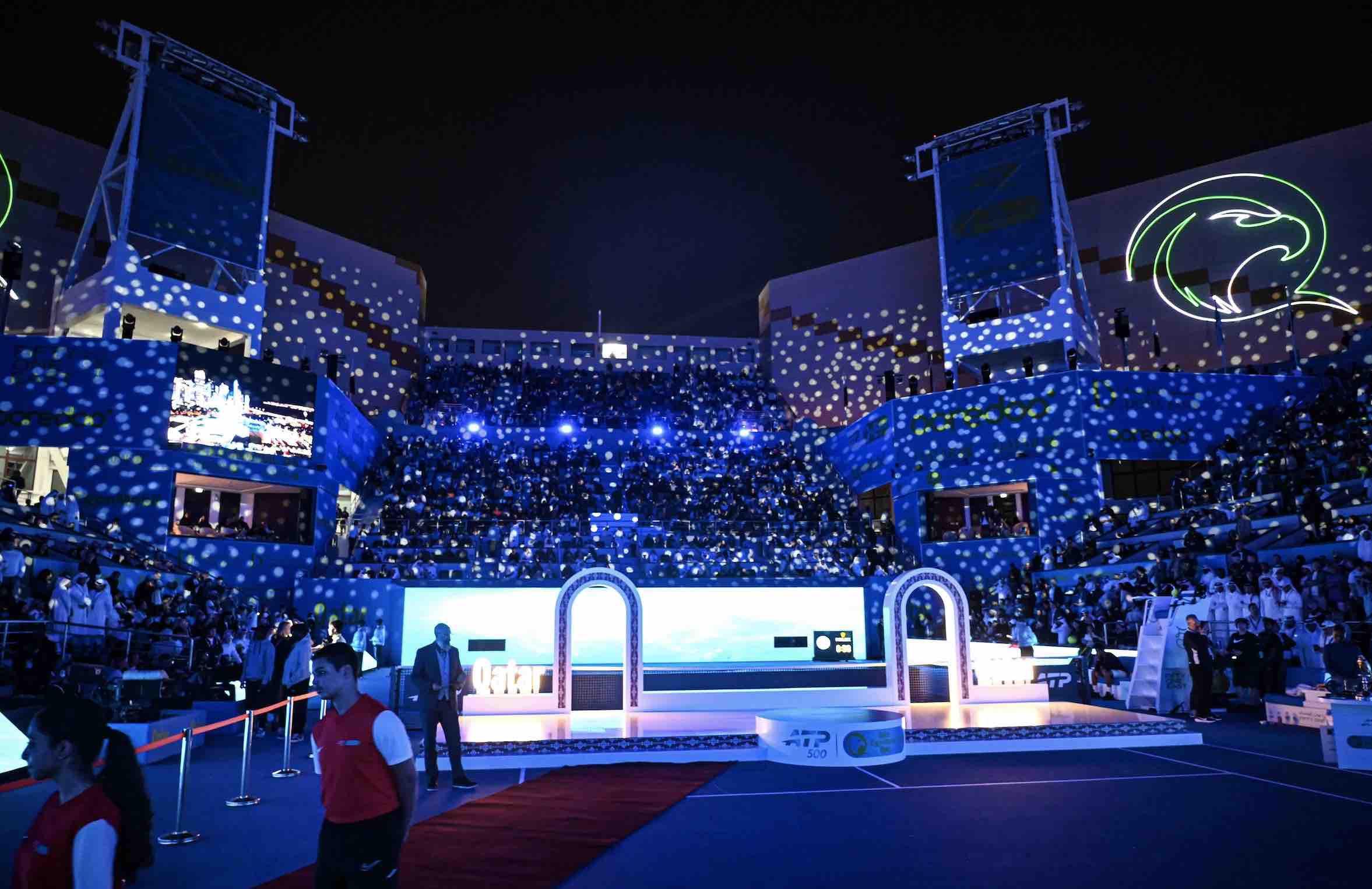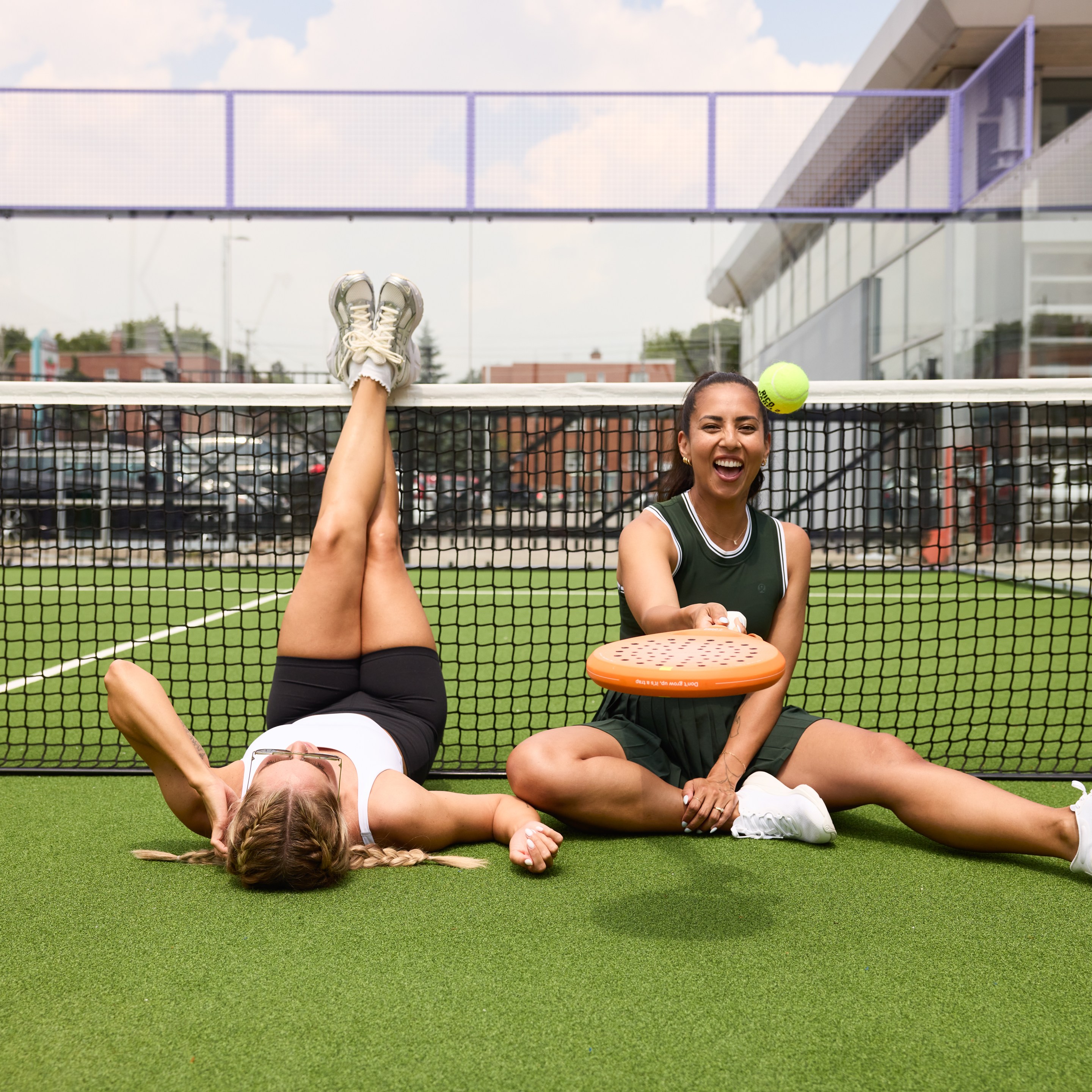“Pas mal, as we would say,” said Montreal native Caitlin Thompson on this week's episode of The Rennae Stubbs Tennis Podcast, in awe of Victoria Mboko’s Ottawa-to-center-court triumph. Fresh off a run that saw her topple Grand Slam champs—down match point, no less—Mboko became the north’s tennis darling nearly overnight. But wait! The hosts warned against the classic boom-and-bust cycle piled on young stars: “Just everybody hold the phone on putting a lot of pressure on this young woman,” advised Recalling, recalling Bianca Andreescu’s quick rise and subsequent injury struggles.
Mboko isn’t perfect yet—her serve’s still a work in progress, with a few “technique issues” giving technical savant Stubbs something to analyze. But what sets her apart isn’t just raw power—it’s composure, tactical growth, and that rare ability to electrify a partisan Montreal crowd. “The best crowd in the world for tennis,” Caitlin insisted, relishing the city’s “parochial and enthusiastic” energy. There’s a sneaky, serious warning here too: as the spotlight gets hotter and her weaknesses get scouted, the real test is coming… and Canadians will be watching with bated breath.
It wasn’t all newfound joy. Naomi Osaka, once the champion who taught New York to cry (and compelled Serena to show true sportsmanship), found herself tiptoeing along the edge of tennis etiquette. “She hated every second of it,” said Rennae bluntly, after Osaka seemed to snub trophy protocol and failed to congratulate her conqueror, Mboko—sparking both fan outrage and a testy back-and-forth in tennis’s social media court.
Why does it matter? For the hosts, it’s about respect—the “bare minimum” owed between pros, no matter how much grace you’ve asked for during your low moments. “It kind of only works if they extend it to other people,” Caitlin mused. The takeaway isn’t just about tennis—it’s about maturity, legacy, and the crucial moment when a veteran must show the same sportsmanship she once received.
What’s worse than losing a big match? Maybe missing the most meaningful player interactions altogether. Both Rennae and Caitlin went on an epic filibuster about why TV crews must never—ever!—cut away from post-match handshakes, trophy ceremonies, or box-to-court drama for extraneous crowd shots. These “layers” of narrative—the tears, the tension, the barely-hidden triumph or heartbreak—are what make tennis worth watching. “If you’re going to show me something in a replay or a cutaway, make sure it’s adding something,” pleaded Caitlin.
On the men’s side, it’s Ben Shelton riding a wave of all-court improvement—his backhand, once an obvious “weakness,” now holds up under fire. “He’s not just a servant of forehand anymore,” noted Rennae, with the pair agreeing that while five-set glory still feels a step away, raw tools and aggressive intent are turning him into a perennial danger.
Meanwhile, Daniil Medvedev is mired in an existential funk. Losses to underdogs, racket-smashing meltdowns, and a look that (as Caitlin jokes) “screams existential crisis” have the team speculating about coaching changes, sabbaticals, or more drastic psychological shifts. The men’s field, as the new generation barrels in, feels less certain than ever.
So who’s the US Open favorite? On the women’s side: “a big unknown.” Sabalenka’s not as sharp, Rybakina can’t close, and Coco Gauff is carrying the Arthur Ashe burden (perhaps with a confidence deficit). For the men, maybe it’s Sinner’s moment, but Alcaraz lurks. Either way, the next Slam is set to be deliciously unpredictable—and The Rennae Stubbs Tennis Podcast will be watching every shot, handshake, and center-court drama with their unique blend of expertise and panache.
Tune in, because if this episode proved anything, tennis is never just about forehands and serves—it’s about stories, bold personalities, and the unscripted moments that keep us yelling “Don’t cut away from the handshake!” at the TV.






